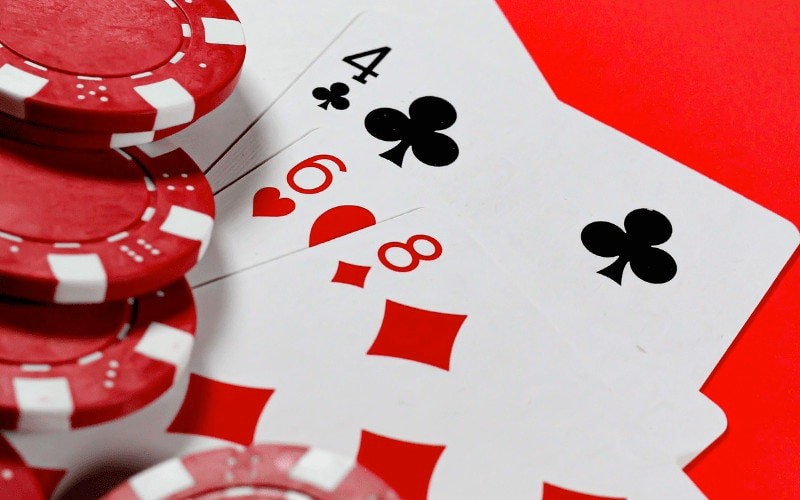Online slots regularly play these games of chance on their computers and mobile devices. The global online gambling market, mainly driven by slot games, is projected to reach nearly $100 billion by 2026. For many players, online slots provide an entertaining diversion – but for some, these games are a compulsive habit that negatively impacts their lives.
Intermittent variable rewards
The most potent psychological hooks that make online slots addictive is their use of intermittent variable rewards. This refers to the unpredictable pattern of payouts – players never know when they will win or how much, but they are incentivized to keep playing with the potential reward. This is similar to the classic psychology experiment where a rat presses a lever and sometimes gets a food pellet. The rat quickly learns to press the lever compulsively because it associates the action with the potential reward. With online slots, the player is essentially the rat, and the spin button is the lever. The anticipation of a possible win and the excitement when receiving an unexpected pay-out stimulates the dopamine release in the brain, which activates the brain’s reward pathways and promotes a desire to play again.
Illusion of control
The psychological factor that makes online pentaslot so addictive is that they promote an illusion of control. Even though slots are games of pure chance, many players believe they influence the outcome through their choices and actions. Online slot machines often feature myriad options for betting amounts, paylines, and bonus games, giving players the perception that they are making meaningful decisions. In reality, the outcome is determined by a random number generator, and there is nothing a player can do to change the odds in their favour. However, the sense that they are employing skill and controlling the game leads players to believe that a big win is always around the corner if they make the right choices.
Accessibility and immersion
The easy accessibility and immersive nature of online slots also contribute to their addictive potential. Unlike traditional casinos, online slots are available 24/7 from any computer or mobile device, making them just a click away at any time. Players don’t have to travel to a physical location or interact with another person to gamble, removing barriers and enabling more spontaneous and solitary play.
The solo, anonymous nature of online gambling activates what psychologists call the “dissociative gambling” response in some individuals. Dissociation involves losing track of time and external surroundings, becoming completely absorbed in the repetitive, hypnotic flow of the game. Online slots use a variety of visual and auditory stimuli, like flashing lights, dramatic sound effects, and energizing music, to engage the senses and hold attention.
Dissociative states provide an immersive escape from the stresses and complex emotions of everyday life, negatively reinforcing gambling behaviour. For those with pre-existing depression, anxiety, or trauma, online gambling becomes a maladaptive coping mechanism. Individuals with dissociative tendencies are significantly more likely to develop a gambling disorder.

